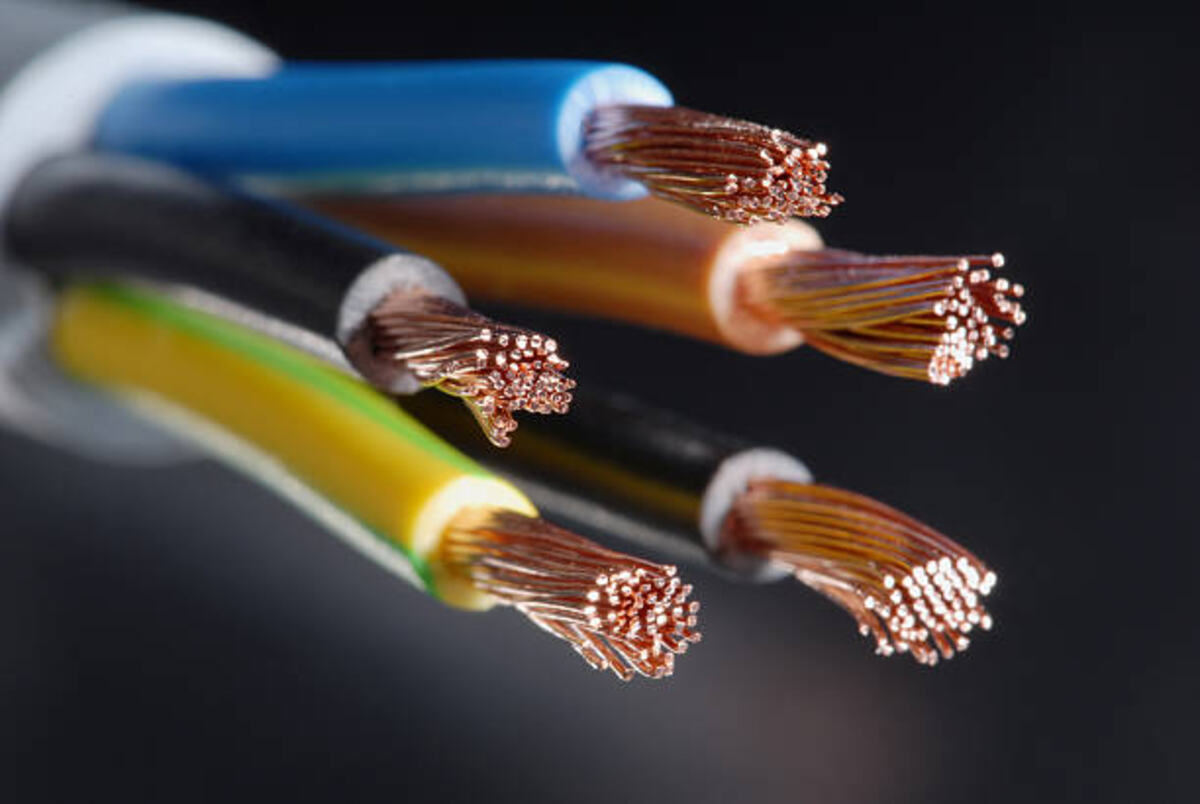Enhancing Your Business with Customized Cables: Key Considerations for Outsourcing Custom Cable Engineering Solutions
In today’s rapidly evolving industrial and technological landscape, custom cables enable businesses to embrace recent technology and meet their specific operational demands while optimizing speed, reliability, quality, and cost-efficiency. Irrespective of your application area, having the right cable solutions is essential for enhancing performance and reliability.
Reliable cable engineering companies provide tailored designs that cater to the unique cable requirements of various applications, ensuring efficiency and resilience in challenging environments. The article explores critical considerations for identifying a reputable manufacturer of custom-design cables.
Table of Contents
1. Specialized Insulation and Jacketing Capabilities
When outsourcing custom cable construction, identifying a manufacturer with specialized insulation capabilities is crucial for ensuring that your cables meet specific performance and safety requirements. Effective insulation of a Custom Design Cable is essential for addressing factors such as thermal resistance, fire resistance, and moisture control, which can significantly impact the longevity and reliability of your cables.
For example, extruded insulation is an advanced cable-insulating technique that incorporates precise material control to create a consistent and uniform insulation layer around a conductor, minimizing imperfections that can impact cable performance. It helps prevent short circuits, electrical leakage, and signal interference. That’s especially important in applications with high voltage, high frequency, or harsh environmental conditions.
2. Advanced Technology Manufacturing
When outsourcing custom cable construction, it is crucial to partner with manufacturers who employ state-of-the-art technology and processes. Cable manufacturers who can conduct rigorous environmental testing ensure cables can endure humidity, corrosion resistance, and thermal shock.
Also, the ability to design optimal cable and connector combinations guarantees efficient signal transmission, minimal signal loss, and reduced interference. Precise cable-connector configurations prevent equipment damage, enhance data transfer speeds, and improve system compatibility.
3. Aligned Mechanical Construction
Cable construction should incorporate features aligned with industry-specific requirements to achieve optimal performance and durability. For example, cables in demanding environments may require individually shielded and jacketed components to protect against electromagnetic interference and physical damage. Utilizing ferrous materials for shielding can enhance resistance to external forces, helping to maintain signal integrity and reliability.
Applications such as aerospace or military sectors often require high-performance, non-metallic braids with a high strength-to-weight ratio for additional protection and durability. These materials resist tensile loads and environmental stressors, ensuring long-term functionality and safety in extreme conditions.
For instance, operations requiring high-frequency performance up to 110 GHz may need low-loss, phase-stable coax cables to minimize signal degradation. Meanwhile, applications that demand flexibility might benefit from hand-formable coax cables, which offer both adaptability and high performance.
With an extensive product range, manufacturers can support everything from basic wiring to complex multi-conductor setups, ensuring tailored solutions for broad requirements. Tailoring cable construction to meet these specific mechanical needs helps industries achieve operational goals efficiently and effectively while ensuring cable durability.
4. Prioritize Quality Standards and Compliance
Quality assurance enhances business operations, particularly in custom cable construction. Outsourcing to reputable manufacturers ensures that each cable adheres to industry standards and your specific requirements. Reliable cable manufacturers typically implement stringent quality control processes of cable manufacturing and hold certifications such as ISO standards for general quality and AS9100 for aerospace applications.
These certifications reflect their commitment to excellence and adherence to rigorous quality benchmarks. By prioritizing quality and compliance, your business can establish a reputation for reliability and trust, which is crucial for enhancing related service delivery while maintaining customer satisfaction and loyalty.
In conclusion, deploying high-quality cables that meet application requirements is crucial for optimal performance, value for money, and safety. Identifying a reputable manufacturer that uses modern and advanced technology in custom cable construction guarantees superior quality and easy access to cutting-edge innovations. This approach enhances project performance and ensures longevity and reliability—addressing needs from electrical and mechanical to physical demands.


